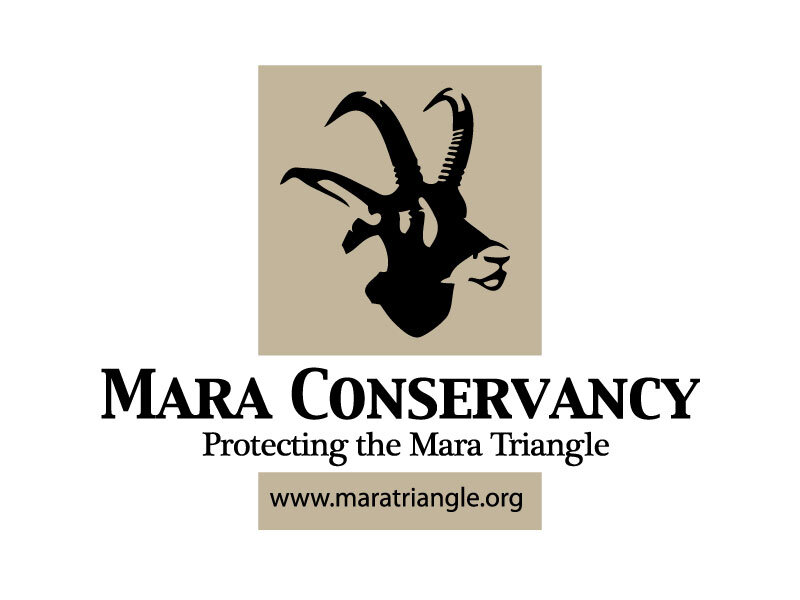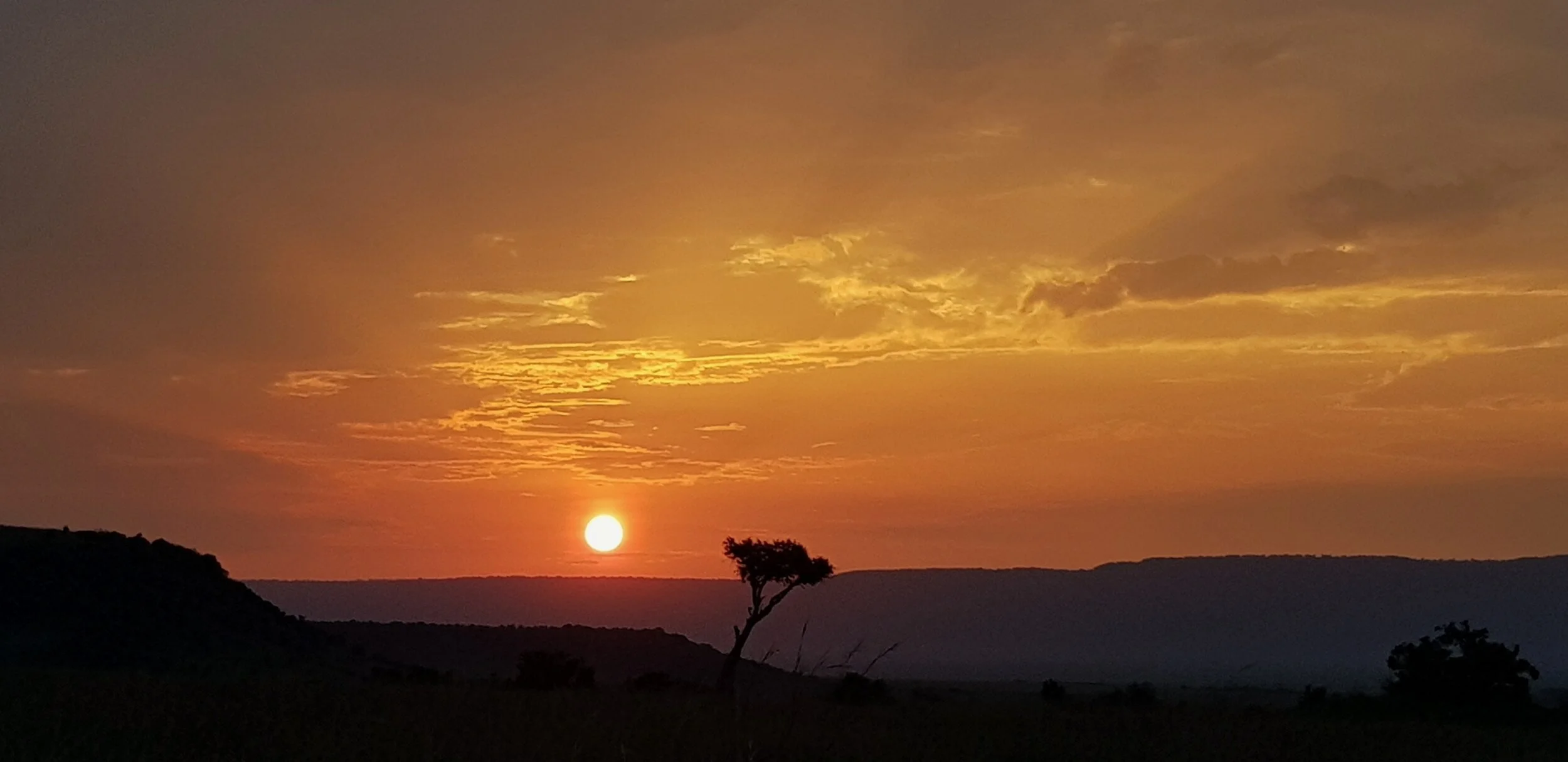General
This past year must rank as the most difficult in living memory. Companies destroyed, livelihoods turned upside down, families torn apart – and yet we managed to get through it, and there might be light at the end of the tunnel. Covid-19 hit the hospitality and travel industries particularly hard, but it had a serious knock-on effect on many other industries. We in conservation were hit as well, we went from a near normal January and February to not a single visitor by the end of March. Things picked up slightly in July and August with local travelers but we are still only collecting between 5-10% of our normal income. And yet, we still have to maintain the Triangle – keep security and infrastructure at a high level. This comes at a considerable cost and we were most fortunate in that we had some reserves, even more fortunate that Wildlife Protection Systems (WPS) and others came to our rescue. Where is the light? A vaccine has been developed and people will start being vaccinated within months – the more optimistic people think that things will return to normal within a few month, I personally believe it will take years to return to normal – as we knew it in 2019. In Kenya we have been fortunate, Covid-19 disrupted many things but never caused the deaths that occurred in Europe and America – we can credit the Government in part, but also the young population and possibly a degree of natural immunity. We have had slightly over 1,660 deaths in Kenya – half the daily deaths currently in the USA.
There were scattered storms, interspersed with beautiful, sunny days throughout most of the month. Large areas of the Triangle were either flooded or severely waterlogged, making off-road driving in most areas virtually impossible. Our records for the year show that we had well above average rainfall for the second year running, most of it falling in the first half of the year – 1,624 mm (approximately 65”) for the year – when average is considered to be 1,200 mm.
Figure1: Monthly rainfall 2020
We held a Board meeting in Nairobi on the 11th and approved the hiring of Mr Brian Parham, a fundraiser in the United States on a part times basis for six months – this can be extended. We have held our first online meetings with him and will start working in earnest in January. Mr Robert Carr-Hartley pledged US$ 100,000 from the Sheldrick Wildlife Trust (SWT), to be paid over one year, withy every likelihood that this amount would be increased.
We have sent out invitations to the Greater Serengeti Society meeting, scheduled for the 22-24th January at Mara Serena. Accommodation for 35 people has been confirmed, though we may require more – the meeting will be held in a large tent in order to cater for social distancing.
Collaboration Agreement
We received Ksh 5,000,000 on the 14th, part of this will be used to recover funds already used and the remainder will be used to start on our work program. The priority is to rehabilitate a road that passes outside the Reserve between Talek and Sekenani gate.
We managed to repair several vehicles, including the one at Osero Sopia – it still requires more work on it.
A section of the road between Musiara and Talek was washed away – this will require a double culvert.
COVID-19
A vaccine has been developed against Covid-19 and will be rolled out in the New Year. However, it will take months, if not a year, before it is widely distributed and has any meaningful impact on the virus and travel. There are concerns that the virus is mutating and there are reports of a new strain, this has caused a very serious lock-down in parts of Britain. In Kenya, the second wave seems to have peaked, with cases and mortality dropping. To date 1,670 people have died from 96,458 confirmed cases.
Tourism
We are beginning to see a few international tourists, but still only a fraction of those expected at this time of year. There was a slight peak in visitor numbers over Christmas, mostly residents – but again well below the normal visitors for this time of year.
Staff
We will conduct our normal staff transfers on the 15th. This will mean that we expect all our staff to be present in January. Thereafter we will continue with our programme of sending people home for a month at a time – possibly on unpaid leave.
Wildlife
We had large concentrations of elephant throughout the month – mainly focused along the river and in the wetter, more flooded areas. Most of the zebra moved North and the exceptionally long grass, coupled with the flooding, made game viewing difficult.
The rangers reported an injured elephant on the 17th, it was treated by Dr Limo from the KWS/Sheldrick veterinary team. Dr Limo said that the injuries were probably caused by fighting.
A large bull belonging to one of our staff was killed by lions in the Triangle on the 19th, it was apparently chased by others when cattle came down to the salt-lick.
Security
We managed to arrest six people for poaching in December, three of them in Nyumba Nane in the Triangle – the first poaching incident in the Triangle in almost a year. The first group of poachers were arrested in the Lemai Wedge and had killed three warthog; the second, a hippo.
Table 1: Summary of arrests made and snares collected from 2017-2020
Table 1 above shows the trends since 2017 – a significant decline in the number of people arrested, a very clear indication that our collaboration with our Serengeti counterparts, our combined efficiency and TANAPA’s commitment to eradicating poaching are all having an impact. The end columns indicate the totals since we started operations in June 2001.
There were very few signs of poaching throughout the month, on the 6th a giraffe was found with a poisoned arrow along the escarpment and on the 13th our rangers came across a hamstrung buffalo next to a tourist camp in the Northern Serengeti.
A routine patrol along Saina’s Lugga in the Lemai Wedge on the 28th came across a human track. After an extensive search our ranger teams managed to locate three people in a hollowed out area under a fallen acacia tree near the Kimondo Camp. The three had killed three warthog – a mother with two young, and would have left that night. This was our first arrest in a month.
Then on the 30th we arrested three more people. This time in the Triangle, at Nyumba Nane. A group of four had come in to hunt hippo on the 28th, they killed one that day and spent the following day butchering it and laying out the meat to dry. A combined patrol came across them, but not before they had been seen. Three people managed to escape, the fourth was tracked using one of our dogs from Nigro-are, Shakaria, and arrested as he tried to hide in long grass. That evening our teams were on their way to lay ambushes on likely escape routes when they saw two people just before dark. They were part of the group that had evaded arrest during the day and both were arrested.
Revenue and Accounts
November was the first month this year in which income exceeded expenditure, thanks to donations from Wildlife Protection Systems (WPS) of US$ 90,000 and Wildlife Philanthropy of US$ 38,750. We are very grateful to both organizations for their support and to Mr Ninian Lowis for helping to raise the funds through Wildlife Philanthropy. As a result of these donations, our total net income for the month was Ksh 16,796,733 against expenditure of Ksh 12,349,577 – a net cash surplus of Ksh 4,447,157. However, when we look at the figures for the first five months of the year we still have an operating deficit of Ksh 30,615,533 – approximately US$ 300,000.
We should put our November revenue in perspective, our share of income from Park revenue amounted to Ksh 2,313,126 (Approximately US$ 21,000), or 18.7% of our requirement for the month. The value of the support we have received cannot be over-emphasized.
Repairs and maintenance
We resurfaced sections of the main road to from Mara Bridge to Oloololo and then did the same along the river road.
We repaired the cattle enclosure completed minor repairs at Oloololo Gate.
We overhauled the engines on two Land Rovers KCJ and KCE.
Collaboration agreement
· One of the culverts near Musiara gate was washed away and will require repair;
· We twice repaired the pipeline to Musiara, there is one marshy section that may require metal pipe;
· We repaired three vehicles – these continue to be misused.
Report on focus for December
Focus for January 2021
1. Hold Greater Serengeti meeting 22-24th January ;
2. Focus on fundraising;
3. Continue with road maintenance;
4. Conduct staff transfers on the 15th;
5. Work on Collaboration Agreement;
o Maintain vehicles;
o Work on damaged roads;
o Possibly start on road from Talek to Sekenani;
o Repair culvert near Musiara; and
o Start repairing houses at Musiara.



